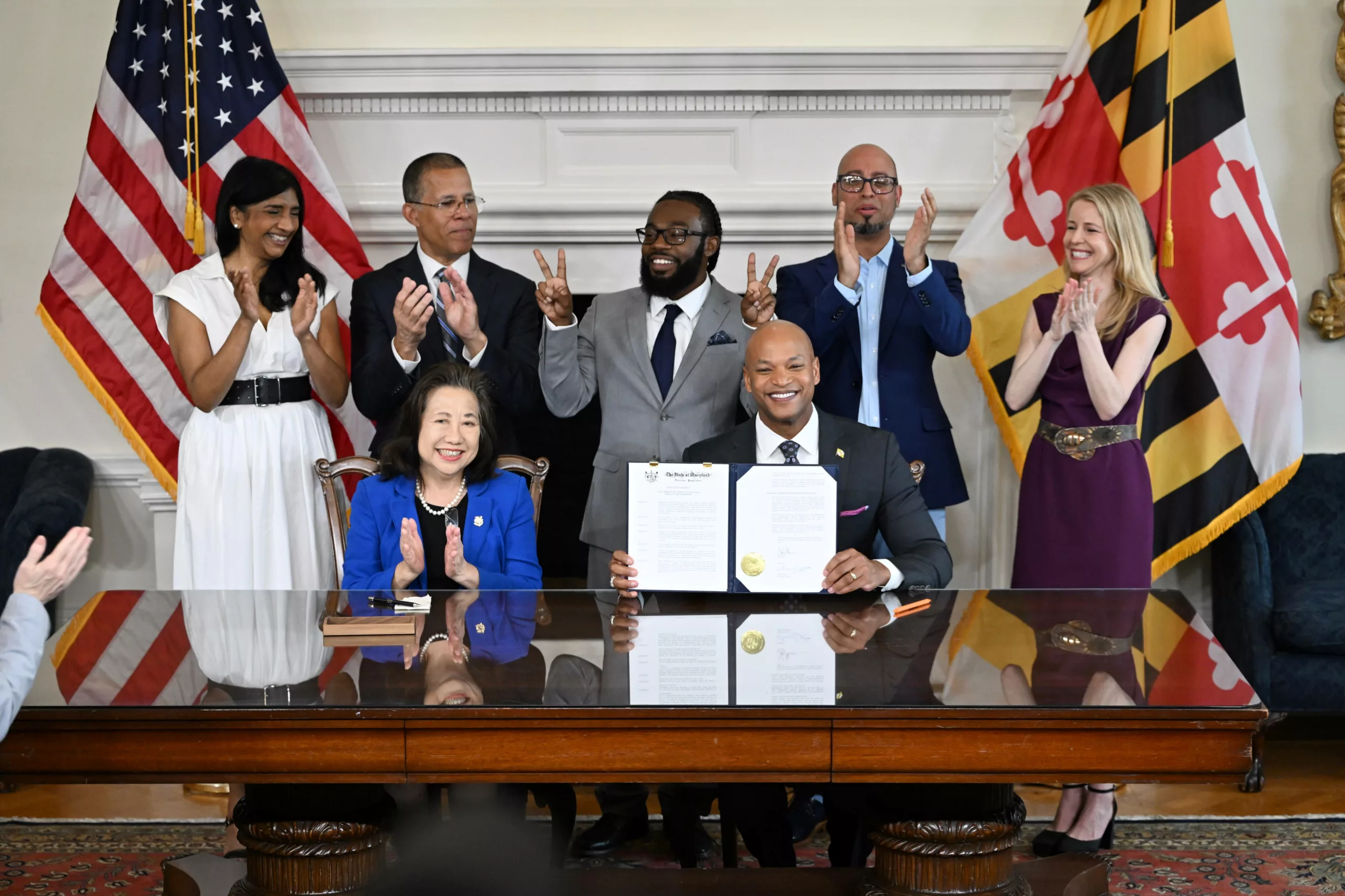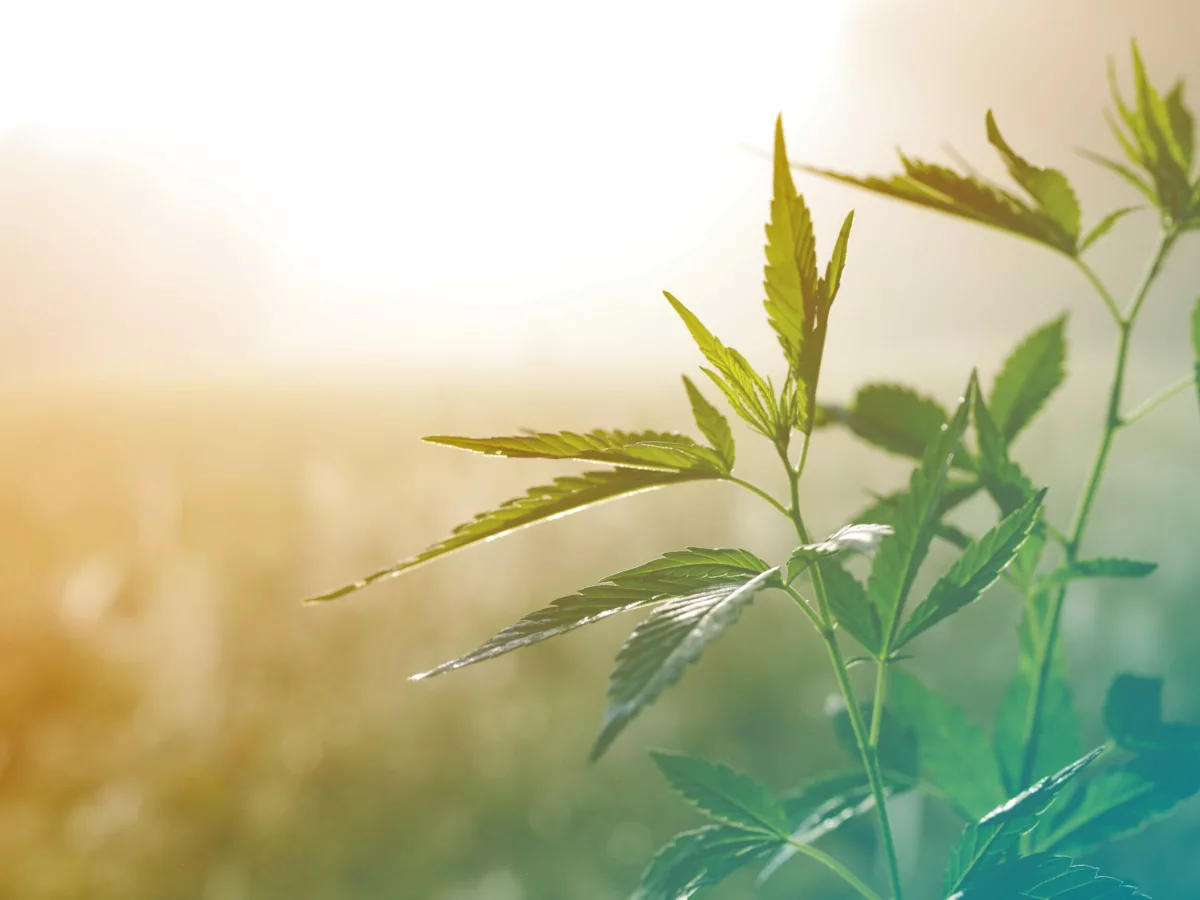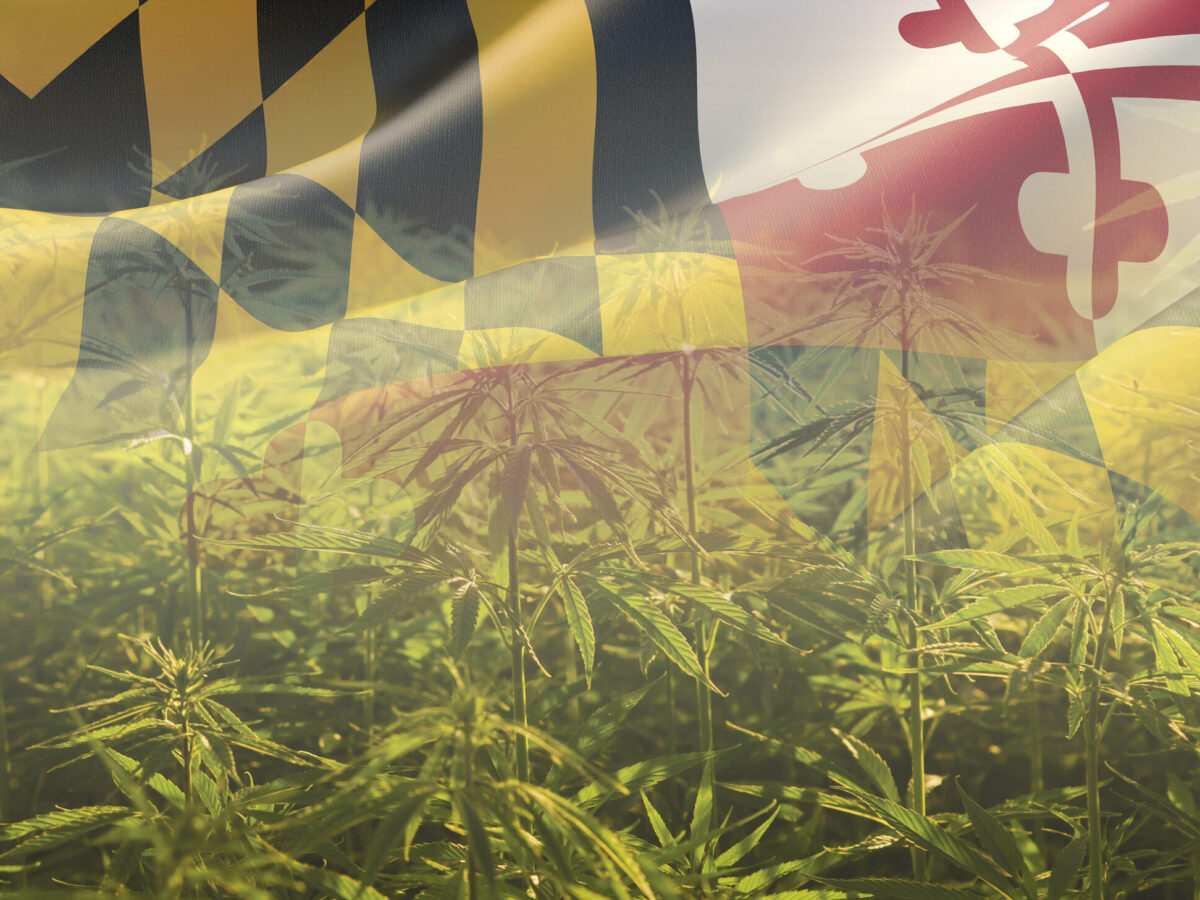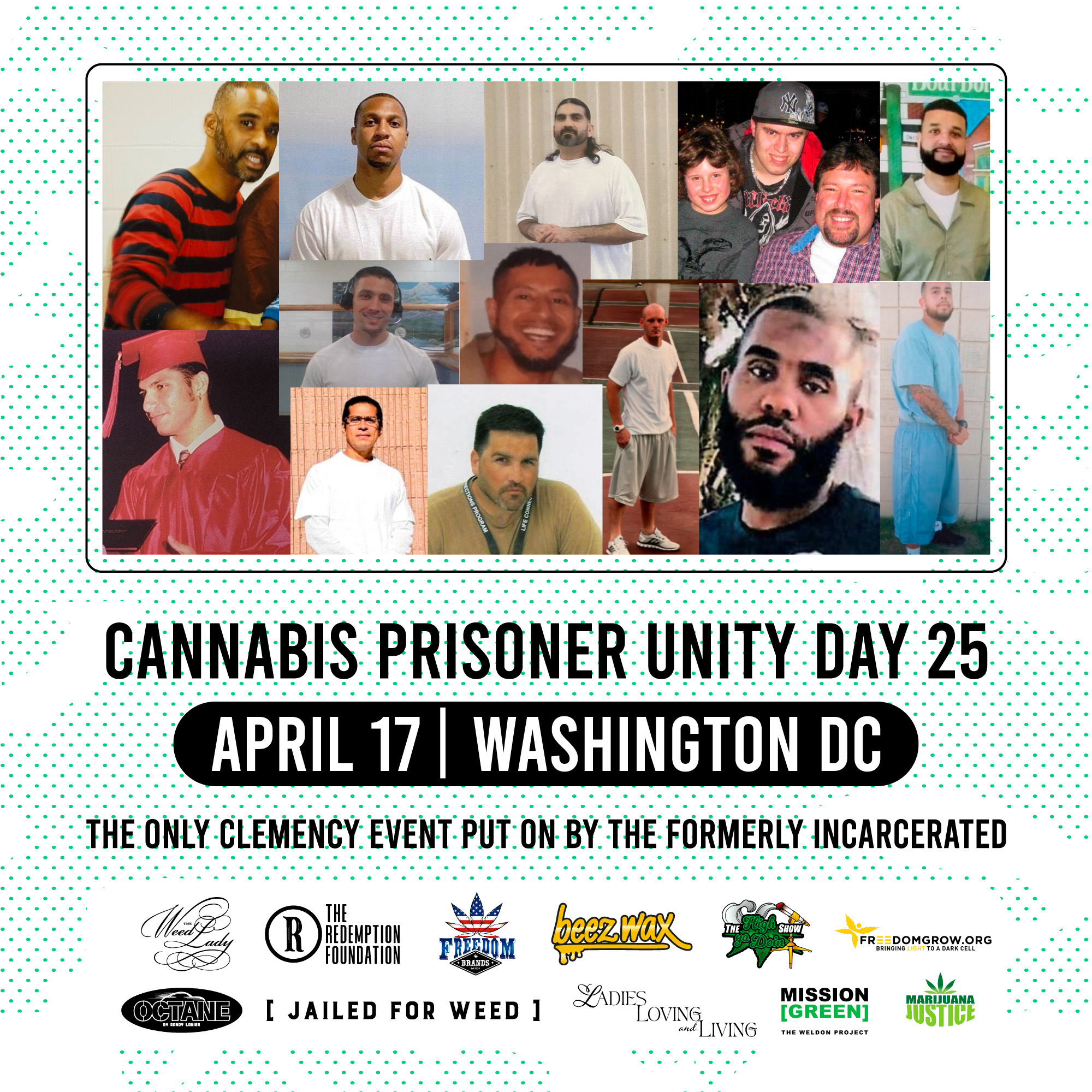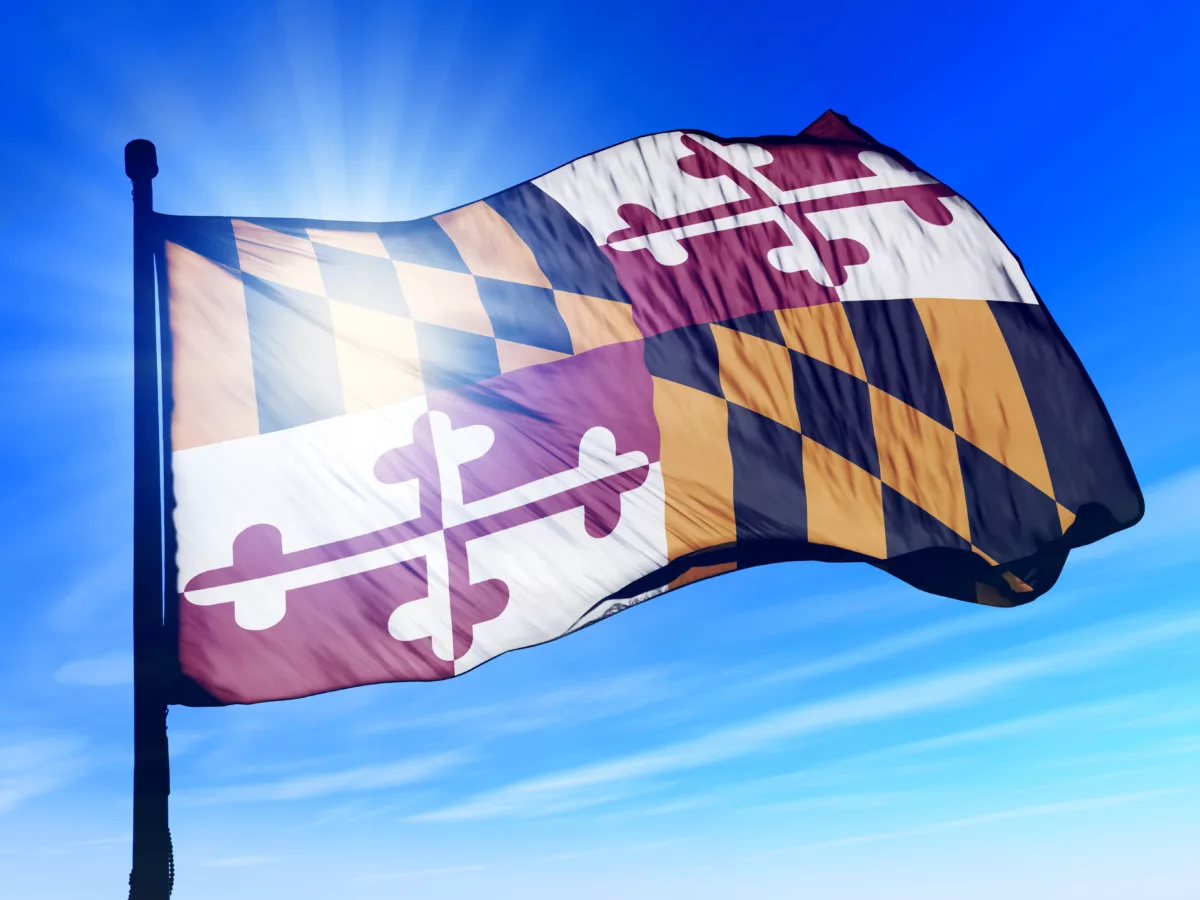In a landmark decision with national implications, Maryland Governor Wes Moore signed an executive order today granting the largest state cannabis pardon to date. This move stands as a significant step towards rectifying the racial injustices of cannabis prohibition.
The pardon, championed by Governor Moore alongside advocacy groups like Last Prisoner Project (LPP), clears the records of over 175,000 Maryland residents with past convictions for both cannabis possession and paraphernalia charges. This action specifically addresses the racial disparities that plagued past enforcement, where Black Marylanders were arrested for cannabis offenses at twice the rate of white residents despite similar usage rates.
Governor Moore’s symbolically used LPP’s “Pen to Right History” during the signing to underscore the national significance of this decision. The pen, a powerful symbol of justice, has been used by loved ones of those incarcerated for cannabis offenses to urge elected officials for reform. By utilizing this pen, Governor Moore extends a challenge to leaders across the country to take similar action.
Nine other states have issued cannabis charge pardons, according to The National Organization for the Reform of Marijuana Laws. Those who are pardoned must still seek expungement. There is a free Juneteenth expungement clinic hosted on June 22, 2024 in Laurel, Maryland.
This historic pardon aligns with President Biden’s recent call for state-level cannabis clemency, further amplifying the national movement for cannabis justice. LPP, a key player in this movement, has been pushing for reform through their “Pardons to Progress” campaign, sending countless letters to governors nationwide. With Maryland’s bold action, Gov. Moore positions the state as a leader in cannabis justice, as acknowledged in LPP’s State of Cannabis Justice Report.
The pardons granted today offer more than just symbolic relief. They provide a lifeline to countless individuals, removing the burden of a criminal record and opening doors to opportunities in housing, employment and education. However, Last Prisoner Project emphasizes that the fight for justice isn’t over. They call for full record expungement, ensuring these past convictions are completely erased. Additionally, they urge continued advocacy at the federal level to free those still incarcerated for non-violent cannabis offenses, including Marylanders like Jonathan Wall who remain federally incarcerated.
“It’s an incredible stand that [Gov. Wes has] made,” Jon Wall, Jonathan’s father, said.
He hopes that the Governor’s action yesterday will spark a wave effect that could influence Congress to change the laws surrounding the criminalization of cannabis.
“Eventually it becomes bigger and bigger and becomes a tidal wave and engulfs [Congress],” he said. He hopes that the pardons bring together bipartisan support that could free the tens of thousands of people incarcerated still for cannabis charges through federal law changes.
Jonathan’s mother, Mitzi Wall, attended the signing ceremony with the Governor. She said she was very grateful for the invite despite her son’s case being at a federal level and not under the his jurisdiction.
“While it may not help my son today, I hope that it is the push that gets the momentum going,” she said. Her son is currently serving seven and a half years in federal prison for cannabis charges.
